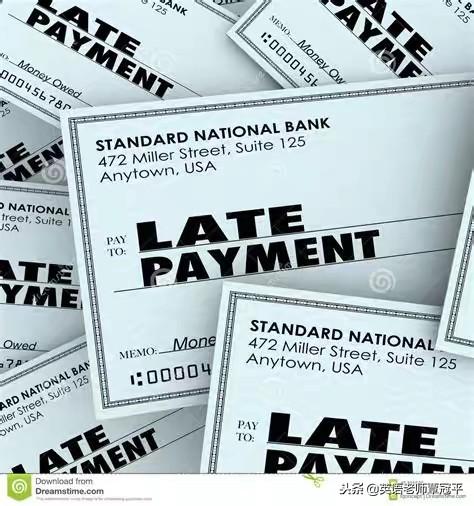Home Equity Loan vs Line of Credit: Which is Right for You?
When it comes to leveraging the equity in your home, two popular options are home equity loans and lines of credit. Both can provide you with the funds you……
When it comes to leveraging the equity in your home, two popular options are home equity loans and lines of credit. Both can provide you with the funds you need for various purposes, such as home improvements, debt consolidation, or major purchases. However, understanding the differences between these two financial products is crucial in determining which one suits your financial situation best.
### Understanding Home Equity Loans
A home equity loan is a type of loan where you borrow a lump sum against the equity of your home, which is the difference between your home's value and the remaining balance on your mortgage. Typically, home equity loans come with a fixed interest rate and a fixed repayment term, usually ranging from 5 to 30 years. This means that your monthly payments will remain consistent throughout the life of the loan, making it easier to budget.
One of the significant advantages of a home equity loan is the predictability of payments. Because the interest rate is fixed, you won’t have to worry about fluctuations in your monthly payments due to changes in market interest rates. This stability can be particularly appealing for homeowners looking to finance large projects or consolidate high-interest debt.
### Exploring Home Equity Lines of Credit

In contrast, a home equity line of credit (HELOC) operates more like a credit card. It allows you to borrow against your home’s equity but does so through a revolving credit line. This means you can borrow, repay, and borrow again, up to a certain limit, during the draw period, which typically lasts 5 to 10 years. After the draw period, you enter the repayment phase, where you can no longer withdraw funds and must start paying back the principal and interest.
HELOCs usually come with variable interest rates, which can fluctuate based on market conditions. This can lead to lower initial payments compared to a home equity loan, but it also introduces the risk of rising payments if interest rates increase. A HELOC can be a flexible option for homeowners who need access to funds over time, such as for ongoing home renovations or educational expenses.
### Key Differences Between Home Equity Loans and Lines of Credit
1. **Structure of Borrowing**: A home equity loan provides a lump sum, whereas a home equity line of credit offers a flexible credit line.
2. **Interest Rates**: Home equity loans typically have fixed rates, while HELOCs often have variable rates.
3. **Repayment Terms**: Home equity loans have a set repayment term, while HELOCs have a draw period followed by a repayment period.

4. **Use of Funds**: Both options can be used for various purposes, but the flexibility of a HELOC may be more suitable for ongoing expenses.
### Making the Right Choice for Your Needs
Choosing between a home equity loan and a line of credit depends on your financial goals, how you plan to use the funds, and your comfort level with interest rate fluctuations. If you prefer stability and have a specific project in mind, a home equity loan might be the better choice. However, if you need ongoing access to funds and are comfortable with variable interest rates, a HELOC could be the way to go.
Before making a decision, it’s essential to assess your financial situation, consult with a financial advisor, and compare offers from different lenders. By understanding the pros and cons of both options, you can make an informed choice that aligns with your financial goals and needs.